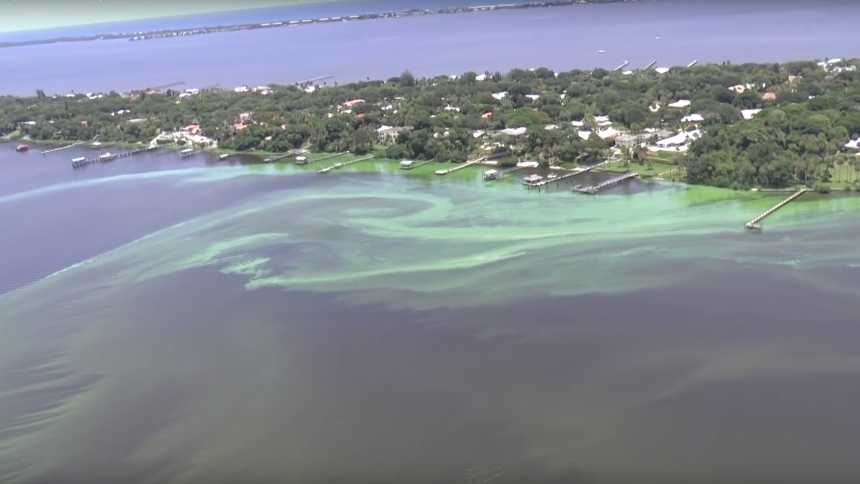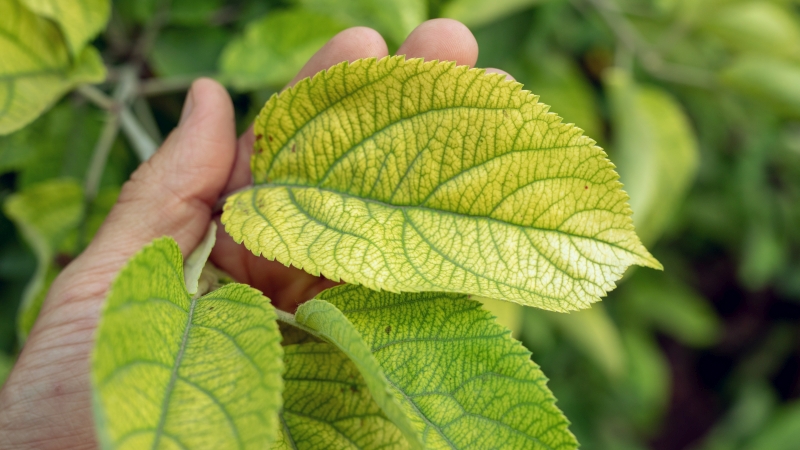Remedy for Water Woes Requires All Hands on Deck

Algal blooms have plagued many of Florida’s waterways this past year. Image courtesy of Martin County, FL
This past year will be remembered for its contentious midterm elections in Florida and the state once again being in the spotlight for the red tide that fouled waterways and killed off fish. The two were related, with our water challenges playing big in the various political campaigns in the state.
As we get set to kick off the New Year, the elections have been decided and the red tide is slowly receding, but water challenges will remain front and center. With the state adding nearly 1,000 residents per day, how could it not? Unfortunately, it will likely continue to be a political hot-button issue, which often clouds constructive dialogue.
Will Florida ever get a handle on the big challenge of water quality and supply? That’s hard to say, but what is certain is that finger pointing will not bring solutions.
If you drink water, use water (including flushing a toilet), grow food, or eat food in Florida, you are involved in this situation. This is not a farm problem or a city problem.
It is everybody’s problem.
The better way to look at this is whether you are a farmer or city dweller, you can be part a of the solution. That starts with ideas and meaningful dialogue. There are many out there using old farmland to store excess water from Lake Okeechobee rather than returning it to tide. One idea even suggests restoring native algae-eating clam beds on the southwest coast to fight the red tide.
One farmer who has made it his mission to be a part of the solution is Alan Jones from Parrish, FL. He and his wife Leslie own Jones Potato Farm where they grow potatoes, beans, and citrus. He has received numerous awards for his conservation practices, which focus on water conservation and sustainable nutrient usage.
Jones has worked with water management districts and FDACS to implement best management practices (BMPs) on his farm and advocates for these practices on other farms. He, along with a number of stakeholders, is developing an idea that could be called BMPs for all.
He says the idea begins with education. This education would be offered to the daily mass of arrivals in the state and those who are longtime residents. And it should apply to all property types — residential, commercial, etc. BMP nutrient management courses would be provided to these Floridians and incentivized with tax credits.
There’s a lot more to Jones’ plan than I can share here, and he is still building a coalition to support the conservation plan. I like that the idea allows everyone to be a part of the solution. Stay tuned, because we will continue to update you on its progress.
It would be hard to find anyone who lives in Florida who would say they like red tides and a diminishing water supply. In fact, there are many folks who are very vocal about their opinions on who is responsible for the problem. There is no lack of will to talk about it; now it is time to see if there is a willingness to do something about it.










